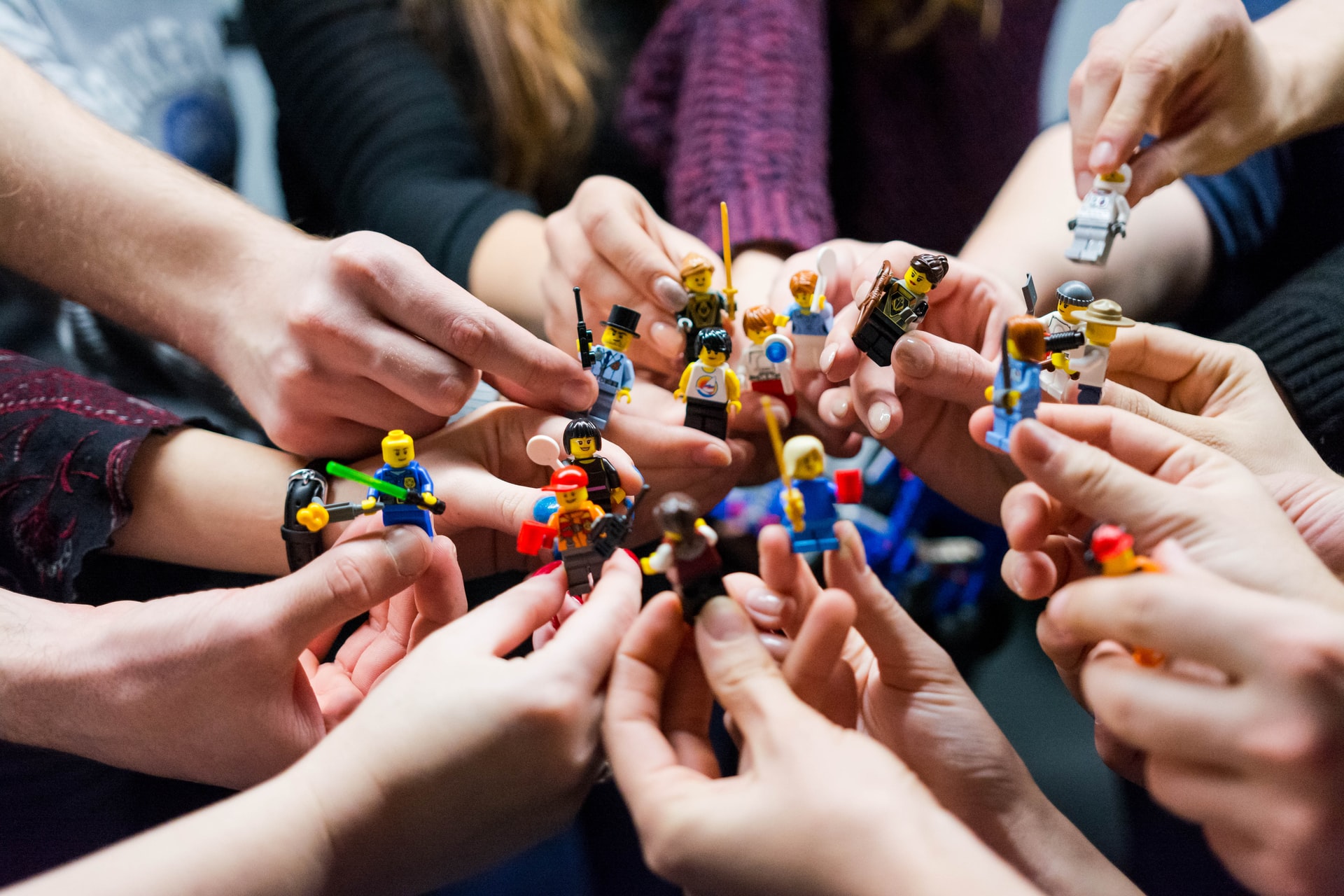Does it matter who learns? A social network model of team exploratory and exploitative learning

I presented a paper on team exploratory and exploitative learning at the EGOS Colloquium 2022 in Vienna. The colloquium is an annual conference organized by the European Group for Organizational Studies (EGOS).

Session Details
The presentation was part of the session “Learning and Innovation in Networks”, organized by the EGOS standing workgroup number seven (SWG07): Relational Pluralism in Organizational Networks. The session consisted of three presentations about social networks, learning, and innovation.
Does it matter who learns? A social network model of team exploratory and exploitative learning
Authors: Raphael Boemelburg & Stefan Breet Presenter: Stefan Breet
Abstract. Exploratory and exploitative learning are both necessary for the long-term viability of organizations. Recognizing that teams are the fundamental unit in which organizational learning takes place, scholars have started to examine how team learning emerges from the learning activities of individual team members. Drawing upon the organizational learning and social network literatures, we advance this line of research and argue that team exploratory and exploitative learning emerge in different ways depending on the social structure of the team. Using multi-source data on the learning activities of 51 teams representing 224 and a social network analysis of eight weeks of email communication between team members, we show that team exploratory learning is governed by an aggregation model in which more central team members have a bigger influence. Team exploitative learning, in contrast, is best explained by a simple additive composition model in which every team member is equally influential
How do organizations in the construction industry in the Netherlands innovate? A mediation analysis on the relation between brokerage and organization’s innovation
Authors: Louise Savelkoul, Remco Mannak, & Marius Meeus Presenter: Louise Savelkoul
Abstract: We examine three, thus far untested mechanisms in brokerage theory, by adding mediators to a model of structural network attributes and innovation outcomes. Our research question is: To what extent is the relation between brokerage and outcomes of exploratory and exploitative innovation in the Dutch building and construction industry (BCI) mediated by information benefits, control benefits and trust. This paper combines data from two sources: 1) network structural data is derived from a database on Dutch building and construction projects and covers two years in which the small world characteristics have emerged; 2) we acquired survey data on innovation outcomes and mediators acquired by us based on a sample from the secondary data. Our analyses show that brokerage facilitates exploitative innovation, and this relation is partially mediated by trust. For exploratory innovation, brokerage has no significant effect. The variable information benefits has an independent effect on exploratory innovation, independent of brokerage. Information benefits and the control variables partner specific knowledge, routinization and organization size have independent effects on exploitative innovation. For organizations in the BCI , our findings refine the theoretical claims. Exploitative innovation is enabled by brokerage, but exploratory innovation is related to information benefits that are somehow unrelated to brokerage. Overall, our findings refine brokerage theory, rejecting some conjectured mediation effects invoked by brokerage, enabling innovation outcomes. Seemingly, information benefits have other root causes than local and global brokerage, therefore we call for future research exploring the antecedents of information benefits: e.g. knowledge management.
Intraorganizational social capital functioning: The contingency of stressor conditions
Authors: Tien Nguyen, Thijs Velema, & Shin-I Shih Presenters: Tien Nguyen
Abstract: Social capital researchers so far seem to agree that both bonding and bridging social capital can improve the performance of employees. However, it remains unclear how these effects are influenced by employees’ psychological experience at work. Using a survey study with a sample of 174 employees from a corporation in Vietnam, we examine the moderating effect of employees’ experience of challenge and hindrance stressors on the relationship between social capital and task performance. Results demonstrate that employees with higher bonding social capital showed lower task performance, but this negative relation was alleviated when workers experienced high levels of hindrance stressors. Employees with higher bridging social capital showed higher task performance, but this positive relation was reduced when workers experienced high levels of challenge stressors. Furthermore, our supplementary analysis reveals an inverted U-shaped relation between bonding social capital and task performance. While perceived high challenge stressors exacerbated the downtrend, perceived high hindrance stressors ameliorated the uptrend of the curve. Our research thus suggests that individuals’ psychological experience at work influences the impact of social capital on employees’ work outcomes, and thus should be taken into account in future research.
Related Posts

Research Talks

Research Talks
In this presentation at the University of Utrecht, I argue that team exploratory and exploitative learning emerge in different ways depending on the social structure of the team

Research Publications
This dissertation develops and tests a network perspective on corporate entrepreneurship.

Service Conference Tracks
This sub-theme explores the dynamic tension between networks and agency in organizations—how social structures shape action, and how actors influence social structures.